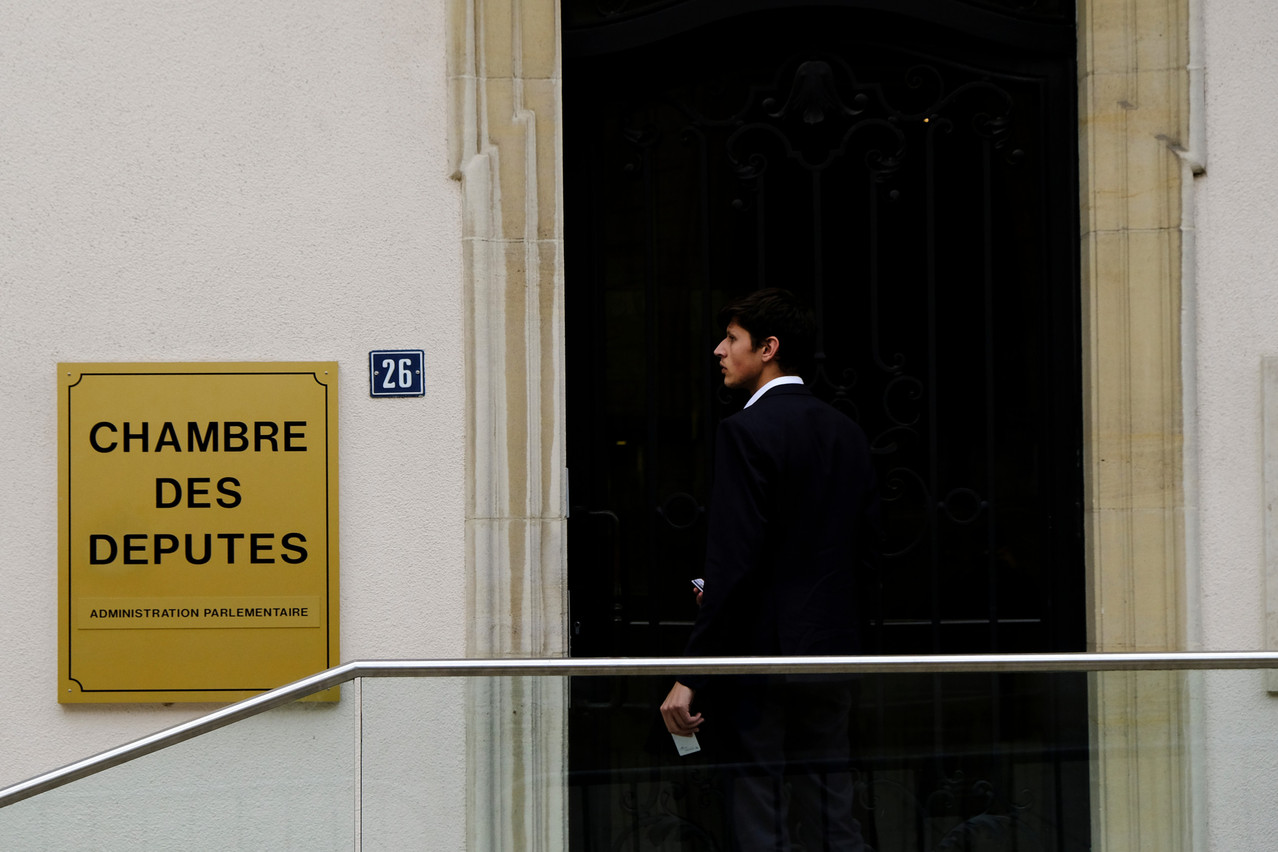The of the 2023 general election, with 21 seats. While the coalition that will take power has not yet been determined, we do know the names of the 60 MPs, which will change at the margins depending on the future majority and nominations. Here they are, by party.
Compared with the 2018-2023 legislature, the balance of power has changed somewhat.
CSV remains the most represented party
During the 2018-2023 legislature, the CSV had 21 seats. At the end of the 8 October elections, it still had 21 seats and came out on top in the vast majority of the country’s municipalities. At national level, the party obtained 29.21% of the vote. It came out on top in every constituency.
A number of “new” faces entered the Chamber, including , , MEP and Charel Weiler. The longest-serving former member of parliament, , was not re-elected this evening.
DP wins two seats
The DP came third in this election at national level with 18.7% of the vote. It came out on top in only five communes: Schieren, Echternach, Larochette, Schuttrange and Mondorf-les-Bains. Under the previous legislature, the Democratic Party held 12 seats. It has now gained two more. Some of the party’s leading figures have been re-elected: , and . Some of those elected are newcomers, such as 36-year-old Luc Emering.
LSAP wins a seat
During the 2018-2023 legislature, the Socialists held 10 seats; in the next legislature, they will hold 11. A number of former MPs were not re-elected, including , Carlo Weber, , and . The party particularly stood out in the South constituency, although it did not come out on top.
Déi Gréng loses half of seats
The Déi Gréng party held nine seats in the previous legislature, but lost five. Only four MPs will take their seats in the next legislature.
The breakthrough of the ADR, which wins two more seats
Unlike déi Gréng, the ADR gained two seats in the election. As a result, five MPs from the right-wing party will sit in the chamber, including their leader . It’s enough to form a fraction. Among them, Tom Weidig and Alexandra Schoos are entering the chamber.
Pirates gaine one more seat
There will be not two but three Pirates representatives in the next parliamentary term. The two pillars of the party, who are also among the most active MPs, will be joined by Ben Polidori, elected in the North.
Déi Lénk and the others...
As in the previous legislature, Déi Lénk retains two seats.
The other parties (Fokus, Volt, KPL, Liberté-Fräiheet! and déi Konservativ) did not win any seats.
A provisional assembly
The first public meeting in its new composition will be held on 24 October. Article 67 of the constitution stipulates that the chamber will meet in public session “on the third Tuesday following the date of the elections to verify the credentials of its members.”
The constitution adds that the “most senior member in rank” will chair this first sitting, “assisted by the two youngest elected members.” The members of the 2018-2023 legislature will therefore officially remain in office until that date.
For the time being, the parliament is provisional, insofar as some MPs are likely to be part of the next government. If this is the case, the MP in question will give up his seat to the next elected member from the same constituency. “Provisional also insofar as elected members who were part of the outgoing government and are not part of the new government will not sit in the chamber as MPs immediately, but only after the new government has been formed,” the chamber points out. In other words, if the 17 members of the current government are elected, 17 seats will remain vacant until the new government is formed.
This article was first published in French on . It has been translated and edited for Delano.
